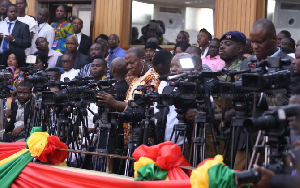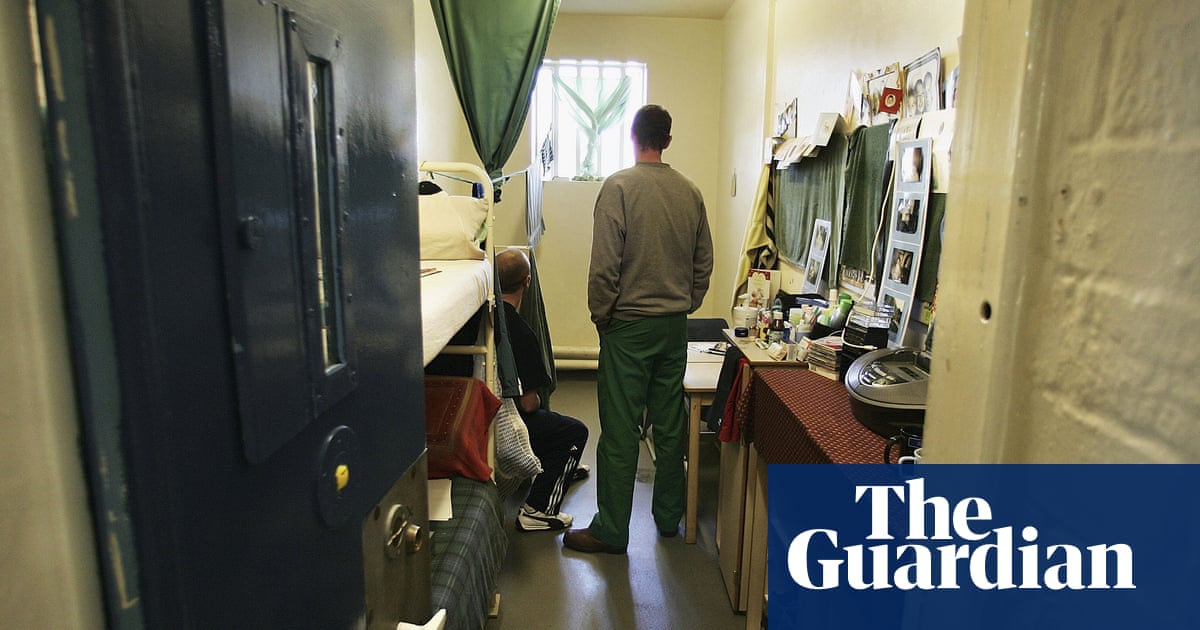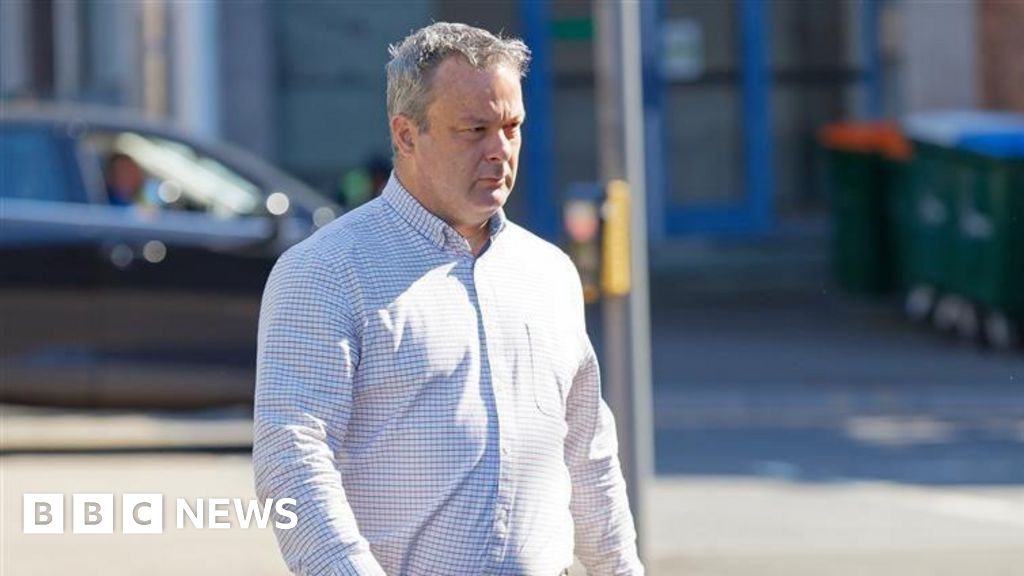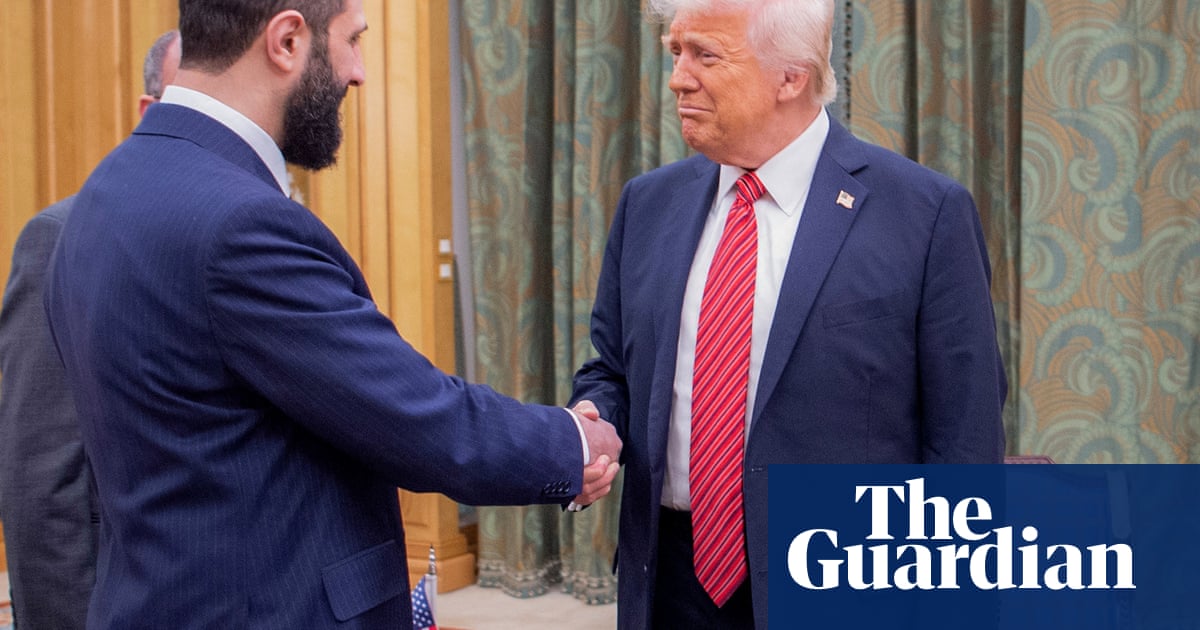Press freedom is experiencing a worrying decline in many African nations, according to Reporters Without Borders, an international non-profit, non-government entity on its 2025 World Press Freedom Index.
The African region records the highest number of countries with declining economic indicators as 80 per cent have seen their economic scores drop.
In many cases, media ownership is concentrated in the hands of a few private groups close to those in power and individuals with political interests, which compromises newsrooms’ editorial independence.
It said in a release shared with the Ghana News Agency that informing the public is becoming a daily challenge in Africa, yet higher-ranking countries such as South Africa (27th), Namibia (28th), Cape Verde (30th) and Gabon (41st) provide rays of hope.
The 2025 Index ranks Ghana (52nd) with a score of 67.13% compared to the 2024 Index rank of 50 and a score of 71.97%.
The global index was scored on political indicator, economic, legislative, social and security indicators.
Journalism under economic pressure
This concentration is particularly notable in countries such as Nigeria (122nd, down 10 places), Sierra Leone (56th), and Cameroon (131st). The issue is compounded by news outlets’ dependence on advertising revenue, which generally comes from the communication budgets of the state and major corporations, as seen in Benin (92nd) and Togo (121st).
This could push newsrooms to self-censor for fear of losing funding, a concern that is not unfounded: in Kenya (117th), for example, the telecom company Safaricom pulled its advertisements from The Nation after the newspaper exposed the company’s role in surveilling citizens’ communications.
The news sector is also weakened by the lack of consistent and transparent public subsidies. In many countries, government aid is either rare or distributed arbitrarily. In Mauritania (50th), these subsidies are weakened by poor governance, which compromises media independence. In Senegal (74th), ongoing reforms have prioritised making government aid to the media more transparent, although journalists argue the proposed measures may exacerbate intensifying tax inspections and the suspension of advertising contracts with public entities.
Journalists and news outlets at risk
In the Sahel region, the deteriorating security situation directly affects the media’s economic viability including Burkina Faso (105th, down 19 places) and Mali (119th, down 5 places), some outlets have suspended operations, and their staff have been internally displaced or forced into exile.
Journalists critical of the Burkinabè authorities have even been forcibly conscripted into the army, reinforcing the oppressive climate already muzzling the press.
In Sudan (156th), the ongoing conflict has worsened the dire financial state of news outlets, which are forcibly instrumentalised by the warring parties with the same being true in the eastern Democratic Republic of Congo (133rd, down 10 places), where dozens of radio stations have closed and many local journalists are displaced — and, subsequently, unemployed.
In addition to security challenges, heavy judicial and administrative measures also severely impact the media’s financial health. In several countries, authorities use the justice system or regulatory state bodies to sanction news organisations.
In Guinea (103rd), the withdrawal of Djoma TV and Espace FM’s broadcasting licenses led to the loss of over 700 jobs. In Mali (119th), the six-month suspension of Joliba TV by the national communications regulator caused a sharp drop in the outlet’s advertising revenue.
The reddening map
Seven African countries are now in the bottom quarter of the Index. Uganda (143rd), Ethiopia (145th), and Rwanda (146th) have moved into the “very serious” category this year.
Burundi (125th), which was already near the bottom of the Index, fell 17 places. Despite the release of Radio Igicaniro presenter Floriane Irangabiye, the overall situation remains critical, with many Burundian media outlets operating from exile.
Eritrea (180th) remains the last country in the Index as the press is subject to the arbitrary rule of President Issaias Afeworki.
No independent media outlets remain in this country, which holds a sad record for the longest journalist detentions in the world, including that of Swedish Eritrean journalist Dawit Isaak.
.png)












 English (US) ·
English (US) ·